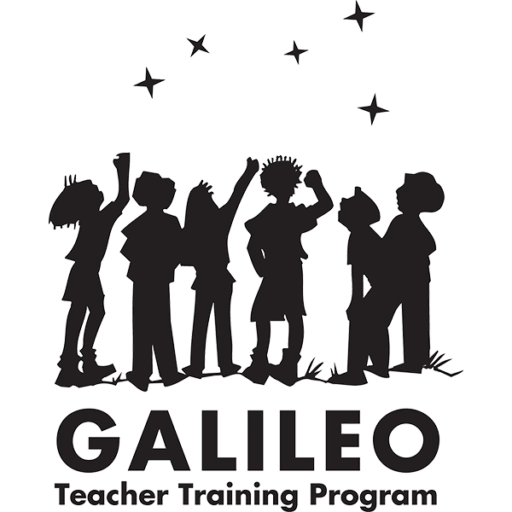 For the last three years, Cidadela’s High School from Cascais, Portugal took part in the project “In Orbit with Europe!” through NUCLIO. The project focuses on the theme asteroids, with multilateral partnerships of schools from France, Poland, Ireland and two schools from the United Kingdom. It was also involved in the Comenius Program and provided the students the opportunity to feel like true scientists.
For the last three years, Cidadela’s High School from Cascais, Portugal took part in the project “In Orbit with Europe!” through NUCLIO. The project focuses on the theme asteroids, with multilateral partnerships of schools from France, Poland, Ireland and two schools from the United Kingdom. It was also involved in the Comenius Program and provided the students the opportunity to feel like true scientists.
The motivation for joining this project evolved from the students’ previous participation in the Asteroid Search Campaign by International Astronomical Search Collaboration (ISAC). This effort was initiated by
Leonor Cabral, a teacher from Portugal. Cidadela’s High School was the first Portuguese school to take part in Pan-STARRS and All-Portugal campaigns and for the last six years it has achieved numerous results: observations of well-known asteroids (to help the improvement of trajectories); the confirmation of NEOs (second observations of asteroids) and, specially, the discovery of new asteroids. It is noteworthy that the first discovery of a new asteroid ever made by a Portuguese was achieved in 2009 by the Cidadela’s student Salvador Bruschy, who discovered the asteroid 2009 HA65!
With the project “In Orbit with Europe!” students from different schools and countries worked in teams and shared their results virtually and face to face. This way the participants were able to:
- Use robotic telescopes such as Faulkes Telescope and the Ironwood North Observatory;
- Use the information and communications technologies such as Skype during the asteroid observation.
- Determine speeds and light curves to verify asteroid eclipses through their satellites or deduce its rotation, distances to Earth through parallax.
- Research the asteroid characteristics such as its chemical composition.
- Share the work through posters, quizzes and computer games developed by the students
- Write a science fiction tale and illustrate it.
PROALV sponsored all the students’ travels to the partner-schools, which allowed them to share different kind of experiences in scientific, cultural, social and linguistic as well as developing the sense of European identity.
Being part of this project was a fulfilling experience as the students were given the chance to know how a scientist works and puts the scientific method in practice, encouraging the students to choose a career in the scientific area.
This project was presented and shared by the Cidadela’s students at the “FESTA DAS ESTRELAS” annually promoted by NUCLIO that occurred this year on June 29.
###
